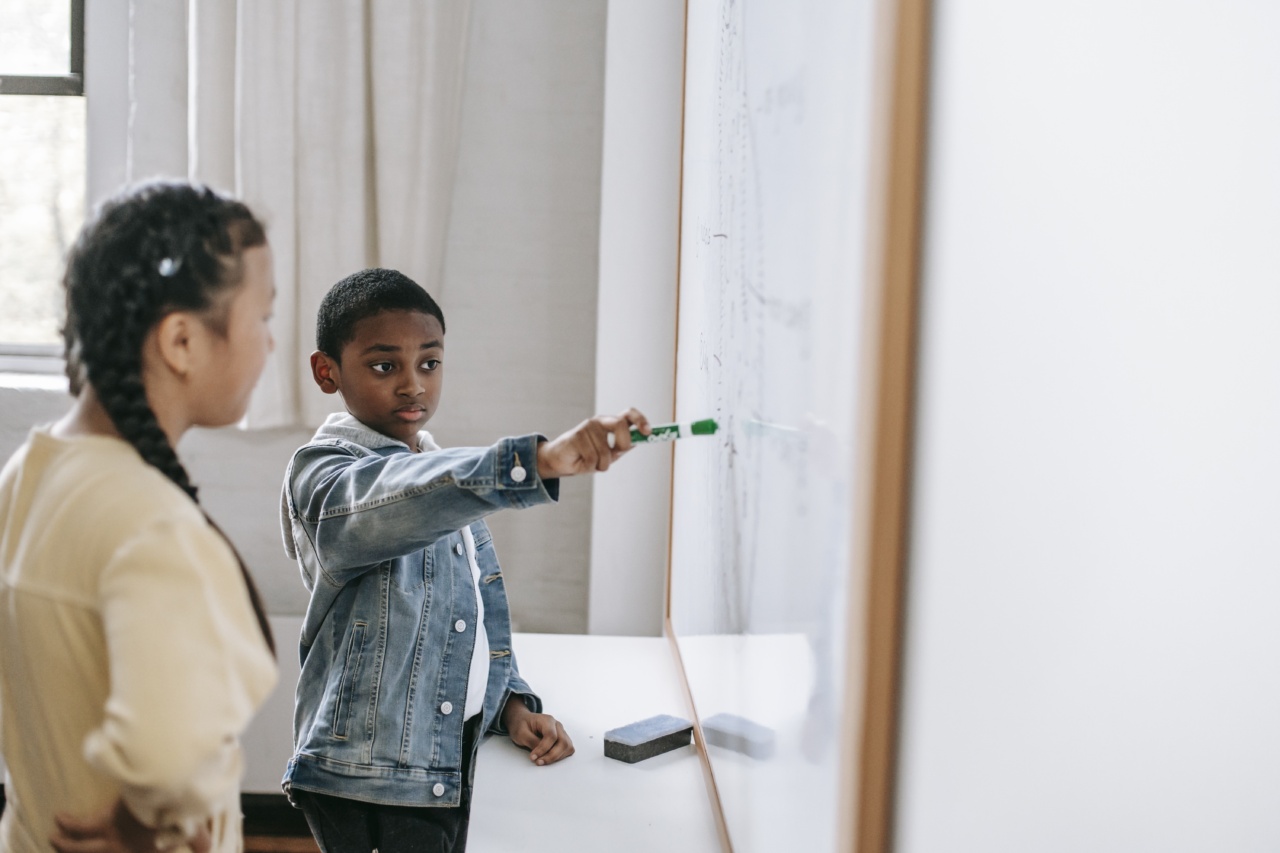Parental behavior is often considered to play a significant role in shaping a child’s intelligence quotient (IQ).
Many parents are continuously concerned about providing the best environment and opportunities to enhance their children’s cognitive abilities. However, recent research has challenged the long-held belief that parental behavior has a direct correlation with a child’s IQ.
Several studies have indicated that factors such as genetic predisposition, peer influence, and educational institutions may have more substantial impacts on intelligence than the behaviors of parents alone.
The Role of Genetics in Intelligence
As early as the mid-20th century, twin and adoption studies have consistently shown a strong genetic influence on intelligence.
These studies compare the IQ scores of identical twins (who share 100% of their genes) and fraternal twins (who share approximately 50% of their genes). The results consistently reveal a significantly higher correlation of IQ scores between identical twins than fraternal twins, suggesting a genetic component to intelligence.
Although genetics play a crucial role, it is essential to recognize that intelligence is a complex trait influenced by multiple genes with varying degrees of effect.
Geneticists estimate that genes contribute to about 50-80% of the variation in IQ scores. This highlights that while parental genes may have an impact, solely focusing on parental behavior ignores other critical factors that contribute to a child’s intelligence.
The Influence of Peer Interaction
Children spend a significant amount of their time interacting with peers, both in school and during leisure activities. Numerous studies have suggested that peer influence plays a crucial role in cognitive development.
Peers can provide intellectual stimulation, challenge cognitive abilities, and offer a diverse range of perspectives that enhance a child’s learning experiences. It is through these interactions that children develop their own intelligence and acquire new knowledge.
A study conducted by Vitaro, Brendgen, Tremblay, and McDuff highlighted the importance of peer interaction on intelligence development.
They found that children had significantly higher IQ scores when they had greater social involvement and positive interactions with their peers. The study suggested that the nurturing of peer relationships was more closely linked to intelligence than parental behaviors alone.
The Impact of Educational Institutions
Educational institutions, including schools and teachers, have a profound impact on a child’s intellectual development.
Research has consistently shown that the quality of education received and the teaching methods employed significantly influence a child’s cognitive abilities.
A study conducted by the University of Texas analyzed data from 4,600 students and found that the quality of the school environment was strongly correlated with higher IQ scores.
Factors such as smaller class sizes, well-trained teachers, and well-equipped classrooms were found to have a positive effect on intelligence development.
Additionally, the curriculum, teaching styles, and extracurricular activities provided by schools also contribute to a child’s intellectual growth.
Educational institutions play a vital role in shaping a child’s intellectual potential and should not be overlooked in discussions about intelligence.
The Importance of Emotional support
While parental behavior may not be directly correlated with a child’s IQ, it is crucial to note that emotional support provided by parents can significantly impact a child’s overall well-being.
Positive parental behaviors such as providing a nurturing and loving environment, offering guidance and support, and cultivating a positive self-esteem can indirectly influence a child’s intellectual development.
Children who grow up in a supportive environment tend to have reduced stress levels, better emotional regulation, and higher confidence in their abilities.
These factors can positively affect their motivation and engagement in learning, leading to improved academic performance and intellectual growth.
The Limitations of Previous Research
While recent studies challenge the correlation between parental behavior and child IQ, it is essential to recognize the limitations of these findings.
Many studies in this field rely on self-reporting by parents, which may introduce biases and inaccuracies into the data. Additionally, the complexity of measuring intelligence can make it challenging to isolate the specific factors that contribute to its development.
Furthermore, it is crucial to consider that each child’s intelligence is a result of a unique combination of genetic and environmental factors.
Different children may respond differently to parenting styles, peer interactions, and educational environments, making it difficult to establish universal conclusions.
The Role of Parental Behavior
Although there may not be a direct correlation between parental behavior and a child’s IQ, it is important to acknowledge the role parents play in creating an enriched environment for cognitive development.
Parents significantly influence a child’s early learning experiences and provide opportunities for intellectual growth through activities such as reading, engaging in stimulating conversations, and exposing children to various learning opportunities.
Moreover, parents can foster a love for learning, curiosity, and critical thinking skills in their children.
While these behaviors may not solely determine a child’s IQ, they contribute to the overall intellectual development and lifelong learning abilities.
Conclusion
Research indicates that there is no direct correlation between parental behavior and a child’s IQ.
While genetic factors play a significant role in intelligence, peer interaction, educational institutions, and other environmental factors can have more substantial impacts on a child’s cognitive abilities.
Understanding the various factors that contribute to intelligence allows us to develop a more comprehensive approach to promoting intellectual growth in children.
Instead of solely focusing on parental behavior, it is essential to consider the broader social, educational, and emotional influences on a child’s intelligence. By doing so, we can create an environment that nurtures each child’s unique potential and fosters their intellectual growth.






























